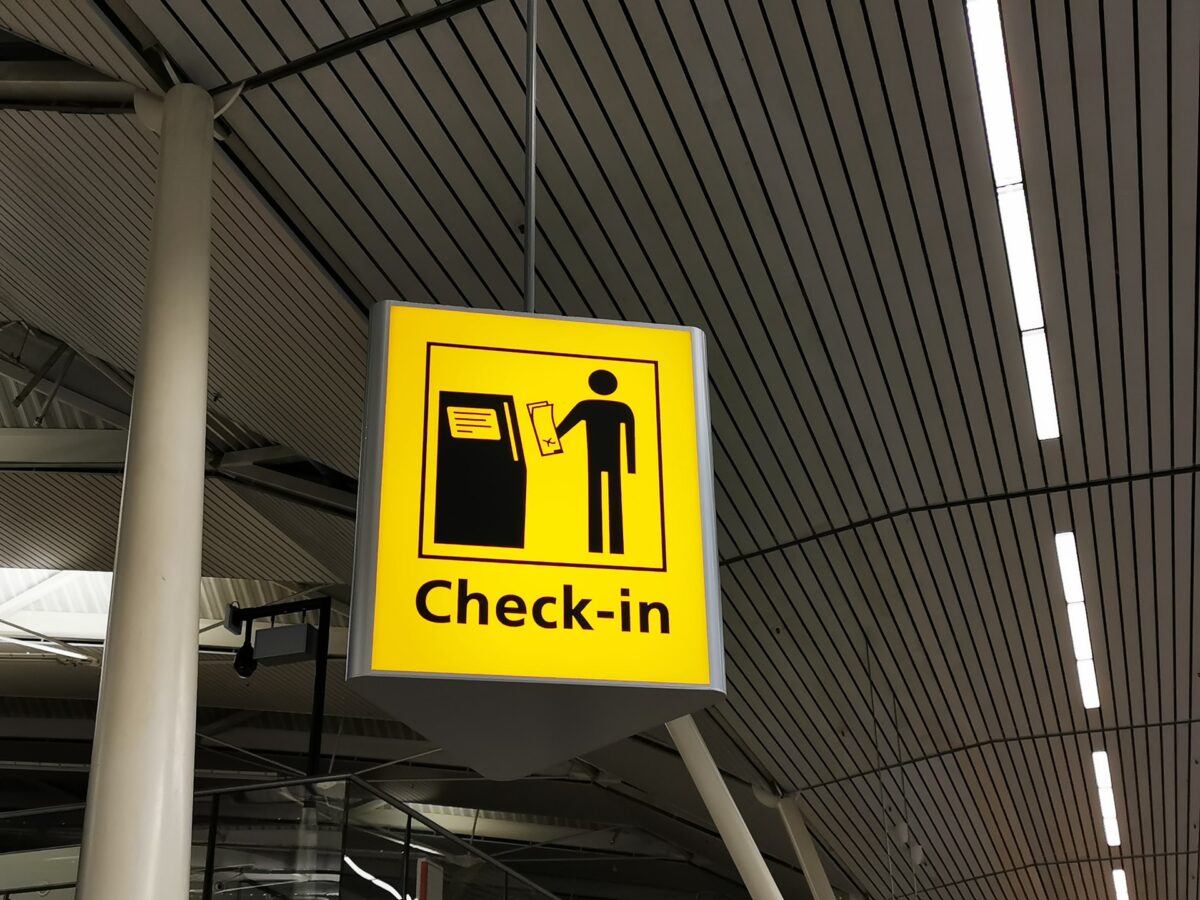Over the last 2 decades tourism became more and more dependent on technology. With the rise and widespread use of social media that became even more apparent. It is now unthinkable for most tourist services to be relying on a completely offline and unplugged strategy. The digitalization of the tourism sector is present not only when completing routine tasks like reservations and ticket sales but also in terms of marketing. Digital tourism is here!
We have seen the industry’s fastest change ever through the huge popularity of the likes of AirBnB, booking.com and TripAdvisor. Of course, those platforms are by far the industry’s most famous ones and the ones that have impacted customers’ behavior the most. However, there are countless other digital outlets that are taking part in the transformation of tourism even today.
Going digital in every part of your travel journey
Digital technologies have been disrupting the way “traditional” tourism functions for years. They are now part of every aspect of travelling. This change allows many new businesses to find their place in their respective markets. However, it is also dangerous for those who are slow to adapt.

Decision-making is also digital
That’s right. We are not only talking about doing your own research online but also deciding on what your next destination will be depending on… for example, how instagrammable it is. That’s a perfect example of how social media is impacting the behavior of (younger) travelers.
Before your trip
Travelers would typically start their planning through a travel planner like Tripadvisor. They would book their flights through an app like Skyscanner that allows them to find the best deals possible. Sorting out your accommodation is now done through Airbnb or Booking.com. Booking tours or entrance tickets is handled through some of the platforms already mentioned or through the websites of the respective attractions. All of this makes up for an all-around digital preparation of your trip.
During your trip
Navigating through a new city or country used to be confusing and frustrating. It is now increasingly easier thanks to widespread internet access and apps like Google Maps and Foursquare. They allow you to find your way as if you’re in your hometown. E-tickets and museum apps are now common for every major tourist attraction. Those who are quick to adapt and are looking forward have started offering VR experiences, taking the digital transformation of tourism to a whole new level.
After your trip
Sharing your photos and experiences through social media posts, reviews of the sites visited and recommendations are now all happening online, impacting the decisions taken by future travelers even further.

The future of digital tourism
Virtual Reality/Augmented Reality
What seems to already be happening is the increasing presence of VR experiences throughout the tourism sector. In fact, many industries are tapping into this new trend. However, it is definitely tourism that’s witnessing it put to use. AR experiences are starting to be available on-site in many of the world’s top attractions. It is often there to recreate legendary battles, teleport you back in time, etc.
During the initial COVID-19 lock down many of the sector’s biggest names have turned to VR. We have seen countless virtual tours, museum walks, 360 photos, and more. It was all part of their strategy to keep their legendary status going even in times when their doors are shut and visitors are not allowed. VR is also becoming a clever marketing tool as businesses are starting to feel the pressure to stand out. And surely, innovative technology is always the way to go. Virtual tourism is still very much a controversial topic as many believe it will never replace traveling but it is certainly something that businesses need to pay attention to.
Developing Travel Technology
The use of information technology (IT) and information and communications technology (ICT) to manage a tourist business will become increasingly important. From the development of one’s website with the best possible user experience (UX) to the introduction of automation in one’s CRMs – it is now certain that those who put the effort in creating a strong digital presence will maximize their potential.
ChatBots
Prior to the coronavirus pandemic, the tourism sector was on its way to become one of the fastest-growing worldwide, creating more jobs than ever and having an even larger impact on the world economy. While the current situation is extremely difficult for the whole industry many will use this time to improve their digital presence and will try to cut costs. And again… Automation comes to the rescue. This time through the use of chatbots who are there 24/7 to assist your customers.
Health & Safety
If the “new normal” continues longer than we would like, it is very likely that hotel check-ins, payments, room keys, and virtually every other aspect of the hospitality industry will be reshaped quickly to a new “contactless” version. We are already seeing this with the growing popularity of platforms like Nevotek and Grace. Many in the hospitality industry will now be looking at developing their own such apps and platforms to provide what will soon be expected by most high-end hotels and services.

Need someone to guide you through your digital transformation? Here at Motion Software, we are always up to the task.